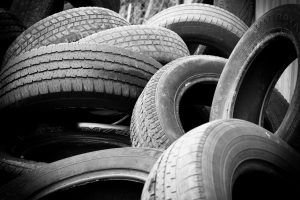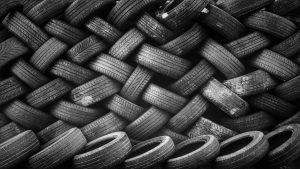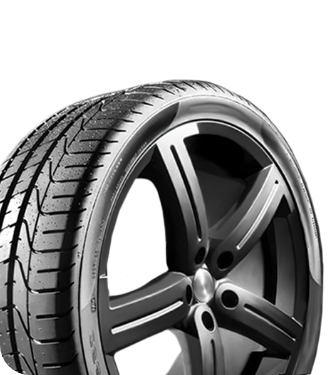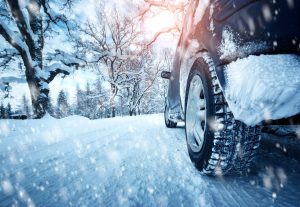
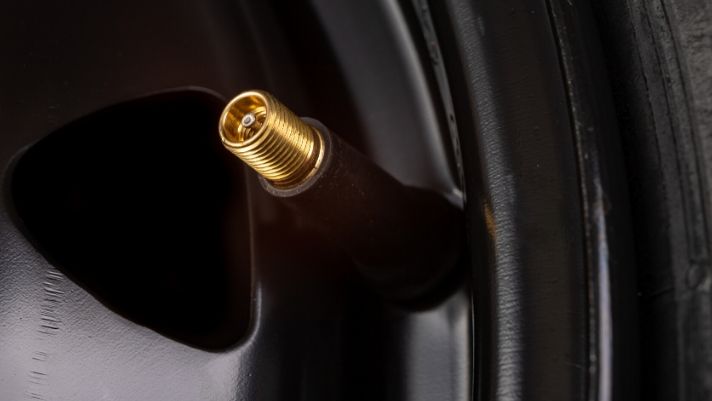
3 Common Misconceptions About Tires
Tires |Car maintenance is complex. It’s difficult enough to ensure your car gets the right servicing at the right time, but there are some maintenance misconceptions you need to avoid along the way. Too often, falling prey to certain common misconceptions about tires specifically leads to an issue. To help, here’s a list of some tire misconceptions along with advice on what to do instead.
You Don’t Need to Manually Check Your Tire Pressure with a TPMS Sensor
The Tire Pressure Monitoring System (TPMS) is an excellent automotive innovation that tracks a tire’s air pressure and alerts you when it’s low. Because of this function, many people decline to check their tire pressure manually every couple of weeks, preferring to rely solely on their TPMS. This is a mistake because the TPMS only activates a dashboard alert if tires lose 25 percent or more of the manufacturer-recommended air pressure. This threshold is well below the point when driving incurs increased wear and other forms of damage. Instead, manually check your tire’s air pressure once every two weeks or when you get gas.
Tread Depth Is the Only Determinant of Tire Health
While tread depth is the main marker many people use to determine the health of their tires, there are other important indicators. Additionally, tire dry rot at several possible points along the tire—not just the tread—signal a pressing problem. Dry rot illustrates a change in the tire’s rubber, and its breakdown leads to pressure loss and compromised tire integrity. Also, your tire may sustain impact damage that shortens its life even if its tread looks as good as new.
Two New Tires Should Go in Front
Finally, when installing two new tires, people too often place them in the front of the car. Though it may seem like a good idea to do this for front-wheel drive cars that quickly wear out front tires, this is actually a misstep. In actuality, rear-wheel tires promote necessary stability in wet conditions and evacuate water away from the road’s surface more effectively than worn tires. If you need tire maintenance to avoid these and other common tire misconceptions, let our team at RNR Tire Express handle your servicing and lend our advice. Our tires shop in Grand Junction and many other locations have caring and knowledgeable staff members who are ready to help.
